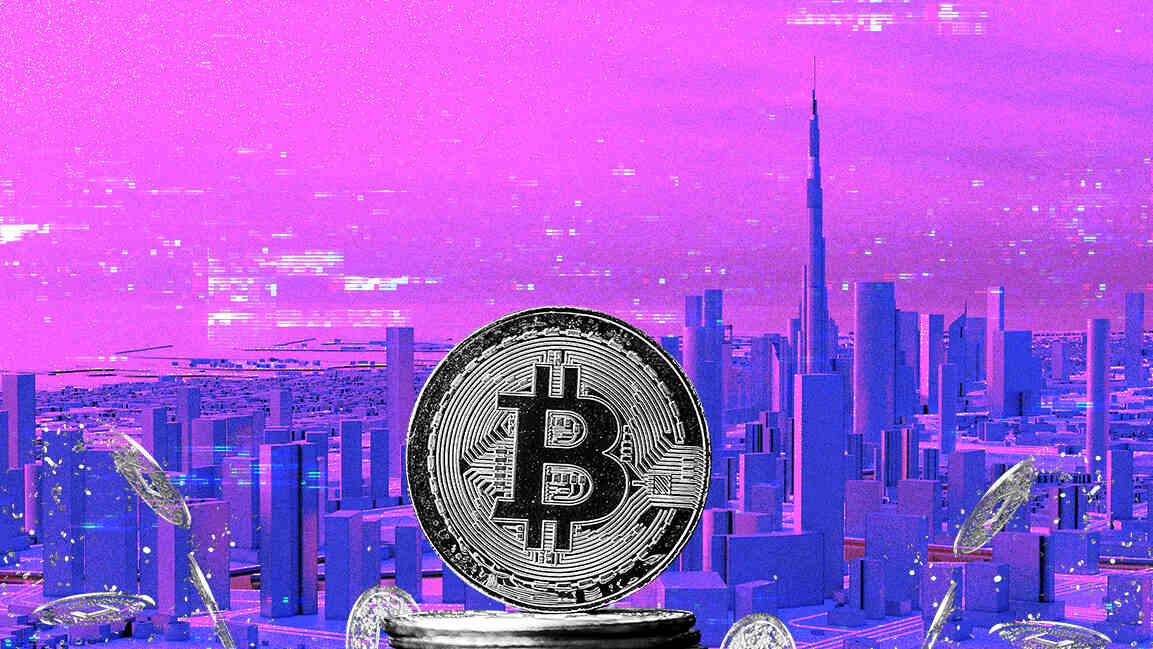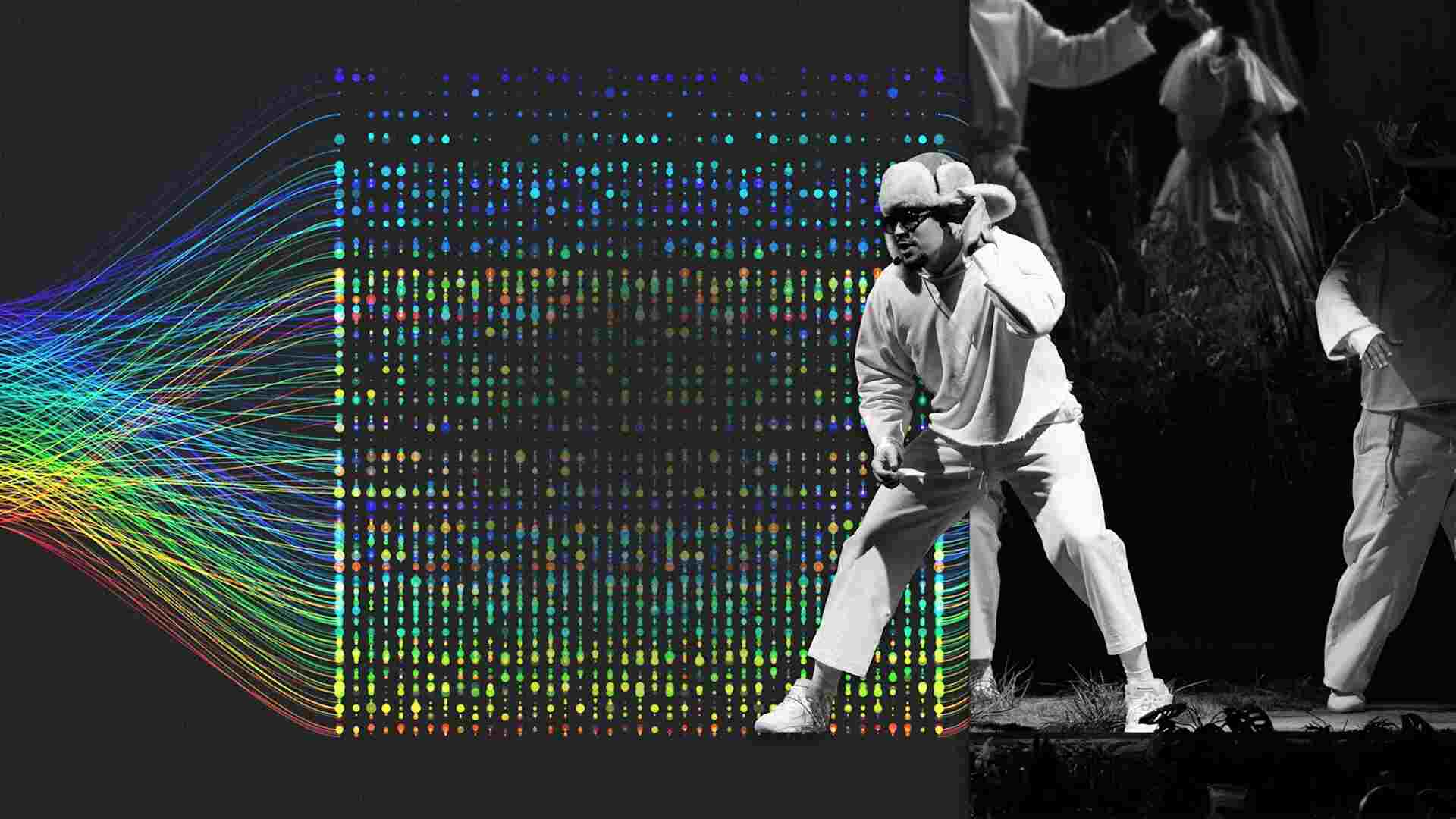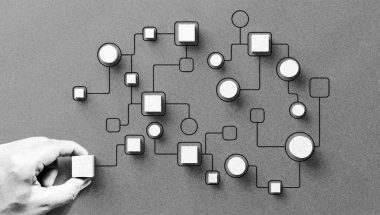- | 9:00 am
Real estate tokenization is evolving in Dubai. But better regulation is needed
Experts say it's important to consider the fine print accompanying digital assets

Dubai is rapidly transforming into a global powerhouse for technology and finance. As the city continues to embrace innovation, the real estate sector is undergoing a revolution driven by blockchain technology and tokenization. Tokenized real estate—where physical assets are divided into digital shares—holds immense potential to democratize investment, enhance liquidity, and reshape property ownership.
“Dubai is no longer just about oil—it’s now an emerging tech and finance powerhouse. With a growing global investor base, Dubai’s real estate market is evolving rapidly, and tokenization is a game-changer,” says Vivek Oberoi, Managing Director & Co-Founder of BNW Developments.
“When you think about the future, Dubai is strategically ahead, and tokenization will only accelerate that,” he adds.
However, it’s important to consider the fine print accompanying these digital assets.
“Real estate tokenization presents exciting opportunities, but widespread adoption hinges on the strength of regulatory frameworks that cover land, banking, and digital assets,” says Saqr Ereiqat, Secretary General of the Dubai Digital Assets Association (D2A2).
While real estate tokenization’s potential global economic gain is estimated at $2.4 trillion annually, Ereiqat says the significant adoption has not yet materialized.
SCALABILITY AND FINE PRINT
Sharing a cautious view on the scalability of real estate tokenization in Dubai, Joe David, Founder and CEO of Nephos Group, says there are some scalability challenges to consider. “On the positive side, Dubai is embracing the crypto scene with clear regulations around digital assets, making it a great place to try out tokenized real estate. However, some hurdles remain—liquidity, regulatory compliance, and whether the market is ready for digital ownership models.”
He adds that while tokenization can democratize access to property investment, its success hinges on institutional adoption, developing a secondary market, and clear legal frameworks.
Real estate tokenization has the potential to unlock new investment opportunities, but as with any emerging market, there are intricacies to consider. According to Ereiqat, while fractional ownership is attractive, investors must carefully examine the fine print. “Are the tokens actually recognized as ownership rights in a legal sense? What risks are associated with governance, liquidity, and smart contracts?”
Fractional ownership can seem appealing, but investors should look closely at regulatory compliance, liquidity constraints, and how yield distribution works among token holders. David says, “Governance models are crucial, and smart contract risks need to be taken seriously—are the contracts secure, have they been audited, and are they legally enforceable?”
CAREFUL REGULATION
Undeniably, there’s potential for fractional ownership to reshape Dubai’s real estate market, but it demands careful regulation. “Fractional ownership could make Dubai’s market more accessible to a lot of investors, which could drive up demand for properties,” says David. However, if it’s not properly regulated, we might see some fluctuations in the market. The Dubai government will likely want to keep a close eye on tokenization to prevent excessive speculation and market manipulation.”
While fractional ownership allows for smaller investments in high-value properties, it also poses risks to the stability of Dubai’s booming real estate market. As Oberoi notes, the benefits of tokenization—such as liquidity and faster transactions—are transforming the market, but these innovations must be balanced with regulatory oversight.
SECURITY AND COMPLIANCE
As real estate tokenization offers an alternative dimension to property investment, security concerns must be addressed. Ereiqat underscores the need for strong legislation to protect investors from vulnerabilities in digital asset ownership, smart contract flaws, and potential cyber threats. “Robust legislation is paramount to protect investors in this nascent space.”
David adds that investors should use trusted custodians or hardware wallets to store tokens securely and invest in projects that have audited smart contracts. Adhering to local property laws and prioritizing compliance is essential for long-term security in transient markets.
STREGTHEN DIGITAL PORTFOLIOS
Fractional ownership allows investors to diversify their portfolios with lower capital outlays, making it an attractive option for those looking to tap into high-value markets like Dubai. David emphasizes tokenization’s flexibility, saying, “Fractional ownership is a great way for investors to spread their risk across various properties around the world instead of putting all their money into just one real estate asset.”
By incorporating decentralized finance (DeFi) features such as lending and staking, fractional ownership on the blockchain opens up even more opportunities for portfolio growth. “This approach lets you tap into high-value markets like Dubai without a huge upfront investment,” David adds.
“Tokenization will redefine how we think about real estate,” says Oberoi. “It’s a revolution, and Dubai’s future as a global property hub became more accessible.”
Blockchain technology can facilitate the seamless movement of capital across various asset classes, creating a more dynamic and efficient market. Ereiqat says, “Tokenization is a powerful enhancement, not a replacement. It can further solidify Dubai’s status as a global investment hub.”







































